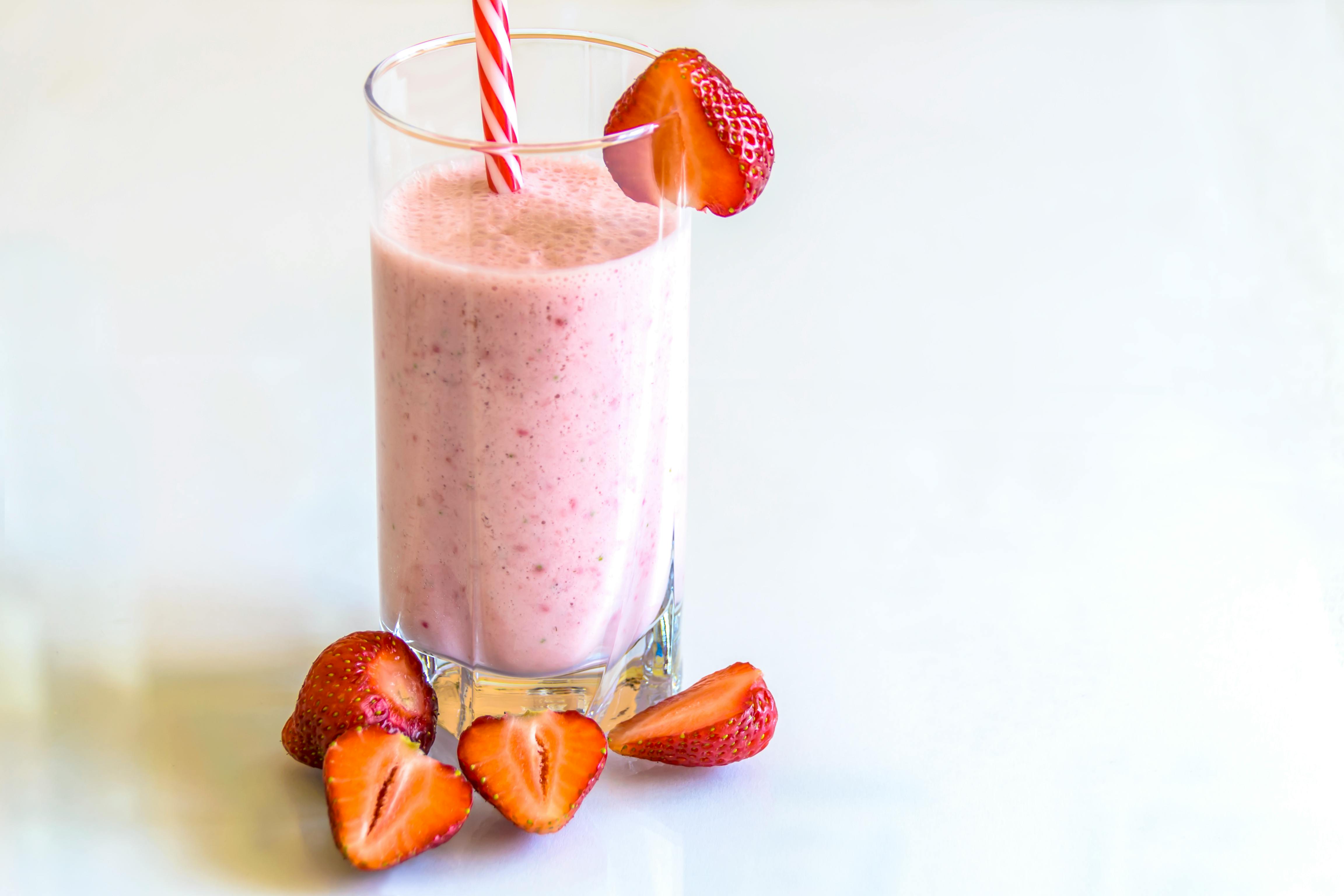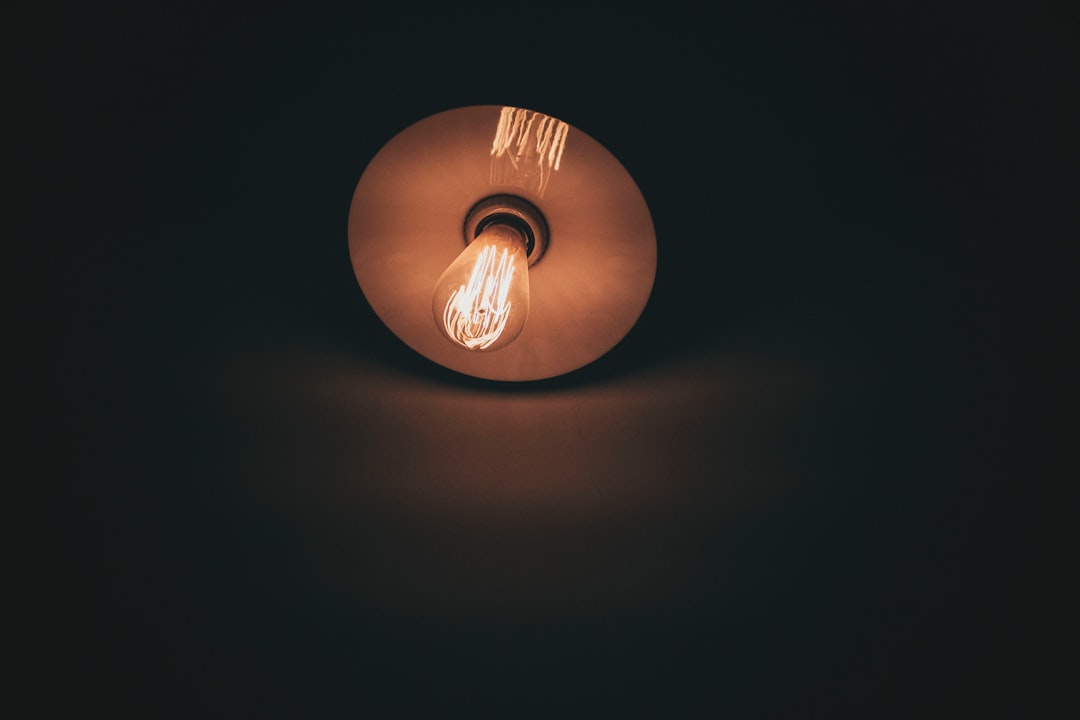Do you often feel tired even after a full night’s sleep or without engaging in strenuous activity? This pervasive sense of weariness, often dubbed “pseudo-fatigue” or “fake fatigue,” isn’t a figment of your imagination. It’s a real phenomenon where your body signals exhaustion, but the root cause isn’t necessarily physical overexertion or a lack of sleep in the traditional sense. Instead, it often stems from subtle, yet significant, lifestyle imbalances that drain your energy reserves without you even realizing it.
This comprehensive guide will illuminate the common culprits behind this deceptive tiredness and equip you with practical, evidence-based strategies to reclaim your vitality. By understanding and addressing these underlying factors, you can transform your daily energy levels and enhance your overall well-being. We’ll explore the critical roles of hydration, nutrition, movement, and mental well-being in combating this modern malaise.
Hydration: The Unsung Hero of Energy
Dehydration is one of the most common, yet overlooked, causes of fatigue. Even mild dehydration can significantly impact your energy levels, mood, and cognitive function. Your body is composed of approximately 50-60% water, and every cellular process, from nutrient transport to waste elimination, relies on adequate hydration.
Why Water Matters for Energy
When you’re dehydrated, your blood volume decreases, making your heart work harder to pump oxygen and nutrients to your muscles and organs. This increased effort can quickly lead to a feeling of sluggishness and fatigue. Furthermore, dehydration can impair brain function, leading to difficulty concentrating and a general sense of mental fog.
Practical Hydration Strategies
- Start Your Day Hydrated: Drink a glass of water immediately upon waking to rehydrate after hours of sleep.
- Carry a Water Bottle: Keep a reusable water bottle with you as a constant reminder to drink.
- Infuse Your Water: Add slices of fruit (lemon, cucumber, berries) or herbs (mint) to make water more appealing.
- Track Your Intake: Use an app or simply mark a bottle to monitor your daily water consumption.

Nutrition: Fueling Your Body for Sustained Energy
What you eat profoundly impacts your energy levels. A diet rich in processed foods, refined sugars, and unhealthy fats can lead to energy crashes and chronic fatigue, whereas a balanced diet provides the steady fuel your body needs to thrive.
The Impact of Blood Sugar Swings
Consuming sugary snacks or refined carbohydrates causes a rapid spike in blood sugar, followed by an equally rapid crash. This rollercoaster effect leaves you feeling drained and craving more sugar, perpetuating a cycle of fatigue. Opting for complex carbohydrates, lean proteins, and healthy fats helps stabilize blood sugar, providing a sustained release of energy.
“The food we eat is the fuel that powers our bodies. Just as a car needs the right type of fuel to run efficiently, our bodies require nutrient-dense foods to maintain optimal energy levels and prevent fatigue.”
Key Nutritional Habits
- Balanced Meals: Include a source of lean protein, complex carbohydrates (whole grains, vegetables), and healthy fats in every meal.
- Regular Eating Schedule: Eat smaller, more frequent meals to maintain stable blood sugar levels and prevent energy dips.
- Limit Processed Foods: Reduce intake of sugary drinks, fast food, and highly processed snacks.
- Prioritize Whole Foods: Focus on fruits, vegetables, whole grains, nuts, seeds, and lean proteins.
For more detailed information on how nutrition impacts energy, consider exploring resources from reputable health organizations like the CDC’s Dietary Guidelines for Americans, which offers evidence-based recommendations for healthy eating patterns.

Movement: The Paradoxical Energy Booster
It might seem counterintuitive, but regular physical activity is a powerful antidote to fatigue. While intense workouts can cause temporary exhaustion, consistent moderate exercise actually boosts your energy levels in the long run. A sedentary lifestyle, conversely, can lead to feelings of lethargy and reduced stamina.
How Exercise Fights Fatigue
Exercise improves cardiovascular health, allowing your heart to pump blood more efficiently and deliver oxygen and nutrients throughout your body. It also releases endorphins, natural mood elevators that can reduce feelings of fatigue and stress. Regular movement enhances sleep quality, which is crucial for genuine rest and recovery.
Integrating Movement into Your Day
- Start Small: Begin with 15-30 minutes of brisk walking most days of the week.
- Find What You Enjoy: Whether it’s dancing, cycling, swimming, or hiking, choose activities you genuinely like to ensure consistency.
- Incorporate Micro-Breaks: Stand up and stretch, walk around your office, or take the stairs instead of the elevator.
- Consistency Over Intensity: Regular, moderate activity is more beneficial for energy than sporadic, intense workouts.
Mental Well-being: The Hidden Energy Drain
Chronic stress, anxiety, and mental overload are significant contributors to pseudo-fatigue. Your brain consumes a substantial amount of energy, and constant mental activity, worry, or emotional strain can deplete your reserves, manifesting as physical exhaustion.
The Brain-Body Connection
When you’re stressed, your body releases hormones like cortisol, which, in chronic excess, can disrupt sleep, metabolism, and immune function, all of which contribute to fatigue. Mental clutter and decision fatigue can also be incredibly draining, even if you’re not physically active.
Strategies for Mental Rejuvenation
- Practice Mindfulness: Techniques like meditation or deep breathing can help calm your nervous system and reduce mental chatter.
- Set Boundaries: Learn to say no to commitments that overextend you and protect your personal time.
- Digital Detox: Regularly unplug from screens, especially before bedtime, to give your mind a break.
- Prioritize Hobbies: Engage in activities that bring you joy and allow for creative expression or relaxation.

Sleep Quality: Beyond Just Hours
While getting enough sleep hours is crucial, the quality of your sleep is equally, if not more, important in combating pseudo-fatigue. Fragmented sleep, even if you’re in bed for 8 hours, can leave you feeling unrested and groggy.
Understanding Sleep Hygiene
Sleep hygiene refers to the habits and practices that are conducive to sleeping well on a regular basis. Poor sleep hygiene can disrupt your natural sleep cycles, preventing your body and mind from fully recovering.
Enhancing Your Sleep Environment and Habits
- Consistent Schedule: Go to bed and wake up at the same time every day, even on weekends.
- Optimize Your Bedroom: Ensure your sleep environment is dark, quiet, and cool.
- Limit Stimulants: Avoid caffeine and heavy meals close to bedtime.
- Wind-Down Routine: Engage in relaxing activities like reading or a warm bath before sleep.
For comprehensive guidance on improving sleep, the Sleep Foundation’s Sleep Hygiene guide provides excellent, research-backed advice.
Environmental Factors: Subtle Energy Drainers
Beyond the internal factors, your immediate environment can also play a role in how energized or fatigued you feel. Overlooked elements like air quality, clutter, and even exposure to natural light can subtly impact your vitality.
The Impact of Your Surroundings
Poor indoor air quality, often due to inadequate ventilation or the presence of allergens and pollutants, can lead to symptoms like headaches and fatigue. Similarly, a cluttered or disorganized space can contribute to mental stress and a feeling of being overwhelmed, which in turn saps energy.
Optimizing Your Environment for Energy
- Ventilate Regularly: Open windows daily to allow fresh air circulation. Consider indoor plants that can help purify the air.
- Declutter Your Space: A tidy environment can lead to a clearer mind and reduced stress.
- Embrace Natural Light: Maximize exposure to natural light during the day, especially in the morning, to regulate your circadian rhythm.
- Minimize Noise Pollution: Create a quiet sanctuary, especially for sleep and relaxation.
Visualizing Your Energy Transformation
To help illustrate the cumulative effect of these lifestyle changes, consider the following simplified energy balance chart. It demonstrates how small, consistent efforts in each area can lead to a significant overall increase in your daily energy reserves.
Daily Energy Balance Chart (Simplified)
| Factor | Energy Drain (Before Habits) | Energy Boost (After Habits) | Net Change |
|---|---|---|---|
| Hydration | -15% | +10% | +25% |
| Nutrition | -20% | +15% | +35% |
| Movement | -10% | +10% | +20% |
| Mental Well-being | -25% | +20% | +45% |
| Sleep Quality | -20% | +15% | +35% |
| Environmental | -5% | +5% | +10% |
| Total Potential Shift | -95% | +75% | +170% |
Note: Percentages are illustrative and represent potential shifts in energy contribution, not absolute values.
Combating pseudo-fatigue is not about finding a single magic bullet, but rather about cultivating a holistic approach to your well-being. By consistently implementing these simple yet powerful lifestyle habits, you can significantly improve your energy levels and overall quality of life. Remember, small, consistent changes yield profound results.
Ready to take the first step towards a more energized you? Start by choosing one habit from this list that resonates most with you and commit to it for a week. Observe how your body and mind respond.
What’s one small change you’re committed to making this week to boost your energy and banish pseudo-fatigue?
Reclaim Your Energy!
If you found this guide helpful, share it with friends and family who might also be struggling with persistent tiredness. For more wellness tips and travel inspiration, subscribe to our newsletter!
Further Reading & Resources
- Harvard Health Publishing: Tired or Fatigued? – An article distinguishing between normal tiredness and chronic fatigue.
- Mayo Clinic: Sleep: What’s a healthy amount? – Provides insights into sleep needs and quality.
- National Institute of Diabetes and Digestive and Kidney Diseases (NIDDK): Eating Healthy – General guidelines on healthy eating.
